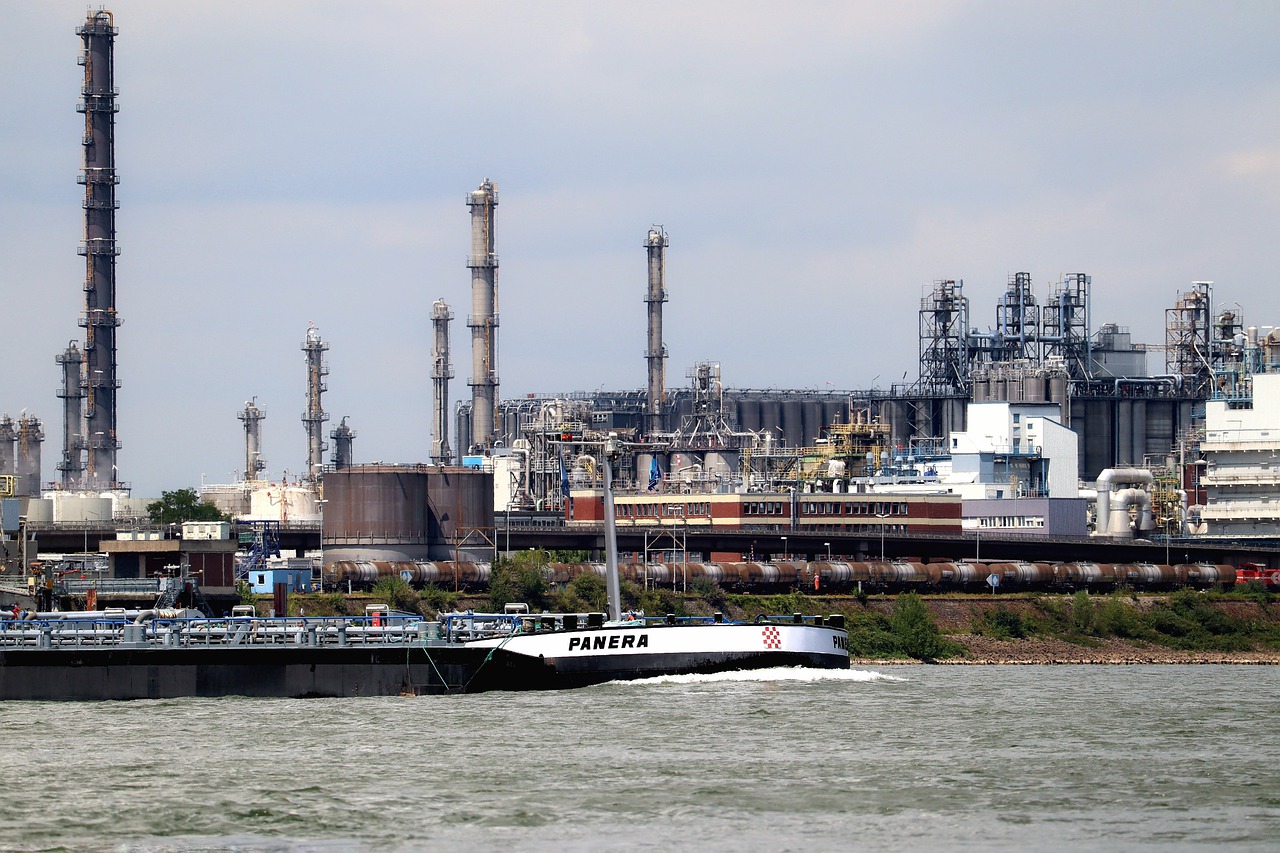This article describes how the problems the oil industry are facing could be capitalized on by activists, particularly in light of reduced takeaway capacity from DAPL shutting down and the new Washington state law taking effect in 2020.
Acknowledgement and thanks from DGR to strategic thinkers and activists everywhere.
Bakken drillers may struggle to develop growth in oil production if they run into transportation bottlenecks.
Due to the volatility of this substance, especially in transport, there is a new law (in Washington state) taking effect in 2020: oil being transported via rail car must have vapor pressure under a specific threshold. The aim is to reduce the risk of explosion, derailments and harm to human life.
With Bakken shale drillers already struggling with poor profit they could be particularly, negatively impacted by this law. To minimize the harm to profit the oil industry may consider using spare capacity on other pipelines out of the Bakken. They may increase the amount of oil transported by rail and/or halt/pause plans to open production in oil wells currently closed. If the situation becomes more unprofitable there may be consideration of further production cuts.
Anti-fracking activists could focus on disrupting other pipelines and crude-by-rail, to leave the oil industry with a single choice: to halt production.
The key points are that if it is impossible to move oil from well to the market and/or if there is nowhere to store it then there will need (at least) to be a reduction in extraction or (at most) have production fully shut down. We are currently in a unique situation as some oil wells have been closed due to a significant reduction in demand, due to the corona virus. With the court ordering DAPL to shut down, it may now be an nonviable option to reopening the wells in the Bakken.
Parts of the production process and the ‘delivery’ in the oil industry have created dependency and bottlenecks. We believe that sharing knowledge of the infrastructure and increasing understanding of why this information is critical will allow activists to consider how effective their actions are.
The oil industry prefers pipeline exports as this is ‘cost effective’, Rail and road more expensive options. Additional pipelines could close the gap (financially) between extraction and national export. Due to the small profit margins any pipeline activism could have significant impact. Furthermore, disruption to new or existing pipelines may reduce confidence for potential investors, meaning oil in the ground.
Activist Options: strategic, effective, persistent, targeted interventions.
Electricity: Oil production depends on electricity for pumps, compressors, transmission lines, substations, and processing plants. Increasing demand on the grid load. Activist opposition to new electric projects might drive up fracking costs. A continued increase in demand or indeed damage to the feed of electricity into oil and/or fracking production may result in a failure to keep up with demand.
Sand supply: Thousands of tons of sand (at significant cost) are needed to initiate flow in new wells. No sand supply would halt drilling, potentially drive up production costs.
Water supply and disposal: Millions of gallons of water is used in the fracking process. It goes in clean and comes out as polluted wastewater. Direct disruptions to the supply or an increase, however small, in the cost of water either in sourcing or disposal could potentially drive up production costs.
Refinery or export terminal disruption or closures: There is potential for activists to drive down the value of fracked oil by shutting down refineries or vehicles transporting or loading sites.
Uncertain times lead to uncertain measures:
Small actions, that would usually have very little lasting impact could, in these uncertain times, landslide into victory, especially when taken with other factors. In other words, an accumulation of factors could trigger cascading failure. Direct actions are likely to be most effective when targeting operational infrastructure (little and often), using the element of surprise
Considering strategic, effective, persistent, targeted interventions such as protests alongside direct action could enable activists to stop fossil fuel production.
There is work to be done.
With thanks and credit acknowledgement to the following two pieces of writing. You can read more about this here:
https://oilprice.com/Energy/Oil-Prices/The-Bakken-Oil-Boom-Is-Facing-A-New-Bottleneck.html
and here:

